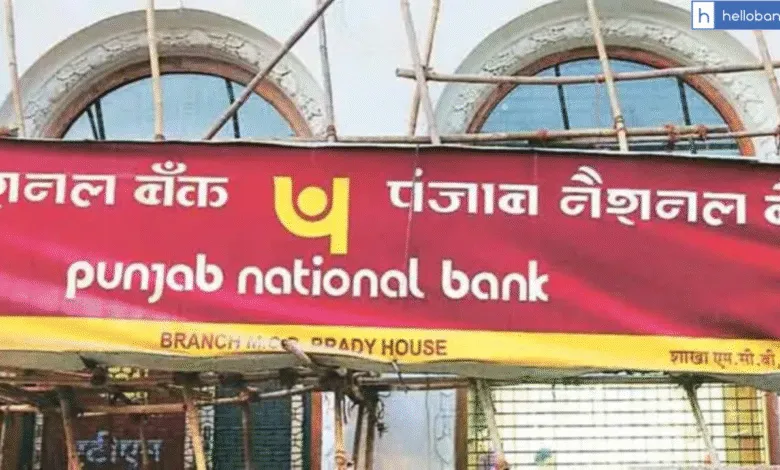Rs.23,000 Crore PNB Fraud Case: Special Court Clears Former Executive Director of All Charges

In a major relief for K. V. Brahmaji Rao, former Executive Director of Punjab National Bank (PNB), a special court has discharged him from all charges linked to the ₹23,000-crore fraud involving fugitive diamond merchant Nirav Modi. The court said there was no evidence of Rao gaining illegal gratification or being directly connected to the fraudulent transactions.
The Case Background
The PNB fraud case was discovered in 2018 and the scam was so big that it shook the entire Indian banking sector. Nirav Modi, his companies, associates, and some PNB officials were accused of using fraudulent Letters of Undertaking (LoUs) issued from PNB’s Brady House branch in Mumbai to obtain overseas credit from foreign banks.

The Central Bureau of Investigation (CBI) alleged that top PNB officials failed to act on a 2016 caution advisory by the Reserve Bank of India (RBI), which had warned banks about similar frauds. Rao, as Executive Director, was named an accused in the case.
Court’s Observations
Special Judge A. V. Gujarathi, while passing the discharge order on September 3 (released publicly on September 10), made several key observations:
- Supervisory Role, Not Branch-Level Role: Rao was not directly working at the Brady House branch where the fraud occurred. Instead, he was in a supervisory capacity, overseeing more than 7,000 branches. It was “humanly impossible” for him to track every single transaction.
- No Evidence of Wrongdoing: There was no material to suggest that the fraudulent activities of the accused employees were brought to Rao’s notice. Importantly, there was no evidence that he obtained illegal benefits from the fraud.
- Absence of Mens Rea: Since criminal liability requires intent, the court concluded Rao could not be held criminally responsible without proof of deliberate involvement.
“The mere fact that the offence is a serious economic offence and a huge amount, thousands of crores of rupees, is involved in the offence is no ground to drag everyone into the prosecution, even not remotely connected with the crime,” the court said.
The allegations against Rao were “vague and unsupported by material evidence”, the judge said.
“Permitting the proceedings to continue against the accused would serve no useful purpose and would subject him to unwarranted harassment, contrary to the constitutional guarantee of fair procedure,” the court ruled.
Responsibility of Auditors and Systems
The order noted that the fraud was localized to the Brady House branch. It was the duty of internal and external auditors to detect and report deviations, especially when PNB staff bypassed the Core Banking Solution (CBS) and directly transmitted SWIFT instructions to overseas branches. This direct bypass allowed fraudulent buyer’s credit transactions, resulting in huge losses to PNB.
In his discharge plea, Rao argued that his role was confined to policy-making, not operational activities at individual branches. He had no role in issuing LoUs, nor was he a beneficiary of them. At most, there might have been negligence, but negligence alone does not constitute a criminal offence.
The court accepted these arguments, adding that:
- There were several layers of hierarchy between executive directors and branch-level staff.
- After RBI’s 2016 directive on auditing SWIFT infrastructure, Rao had participated in a meeting with senior officials of various divisions.
- However, implementation of the directive was under the responsibility of the Information Technology division, and the decision to align SWIFT systems with the Core Banking platform during a software upgrade was taken by the MD and CEO in 2016.
The court stressed that the fraudulent LoUs were issued from just one branch — Brady House in Mumbai — and not across the entire network of 7,000+ branches. This localized nature further supported the argument that Rao could not be held liable at his level.
The discharge of K. V. Brahmaji Rao highlights a critical aspect of accountability in large financial institutions. While the PNB fraud case remains one of India’s largest banking scams, the court made it clear that criminal liability cannot automatically be extended to top executives without evidence of direct involvement or intent.
The trial against Nirav Modi, his associates, and others named in the scam is still pending. But Rao’s acquittal marks an important step in distinguishing systemic failures, auditor lapses, and localized misconduct from policy-level accountability.
